|
Today is January 27th, which means it's Family Literacy Day! Today's celebration was created by ABC Life Literacy Canada, a non-profit organization, that helps spread awareness about the benefits of reading and aims to promote literacy related activities. Reading involves multiple, complex steps and is a wonderful milestone for many children, as well as a vital piece of speech and language development. By incorporating literacy activities into your home, you can help your child develop a love of reading that will last a lifetime. Here are some ways to incorporate literacy activities at home: For Early Learners: (Infancy to Toddlers) Pick books for their level
For Older Learners: (School Age) Highlight narrative themes and sequencing in books
For All Ages: Embrace the emotions in books
Where to find books?
Here are some of our favourite books: SAM:
Remember that every child develops at their own pace, and it's important to adjust these reading activities to match your child's needs and interests. With your encouragement and guidance, your child will develop their literacy skills and make their own special reading memories. Here are some additional resources to use and learn more about increasing literacy at home:
0 Comments
Leave a Reply. |
AuthorCarla Monteleone & Deborah Carter own and operate Grow Speech and Language Therapy in Vancouver, BC Archives
May 2023
Categories
All
|
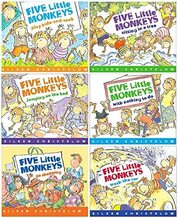
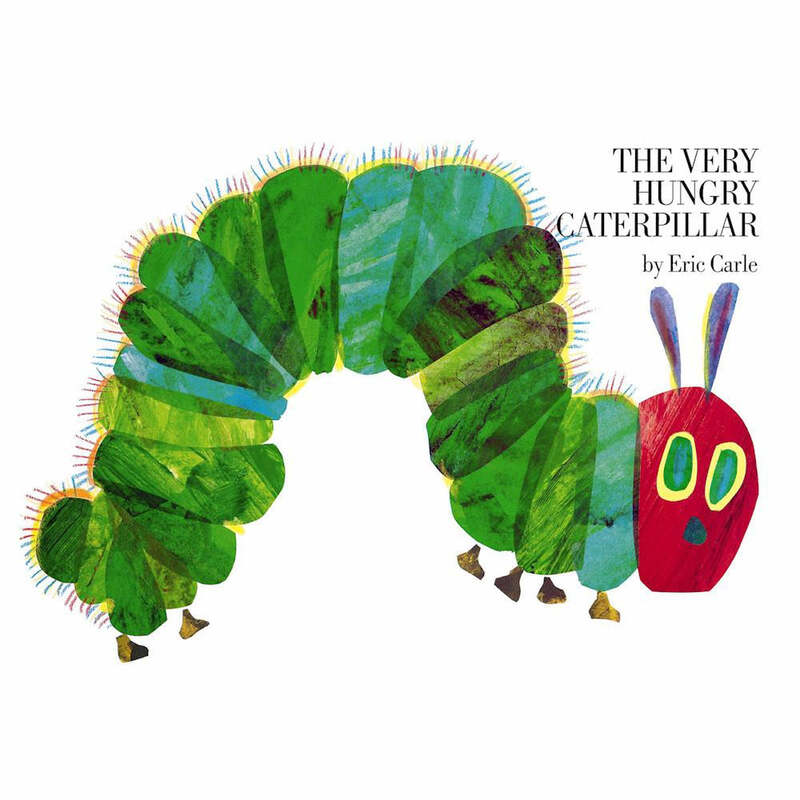
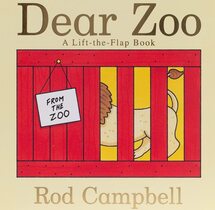
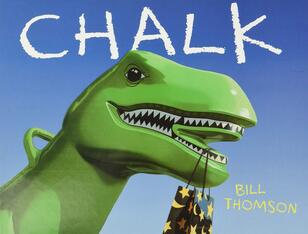
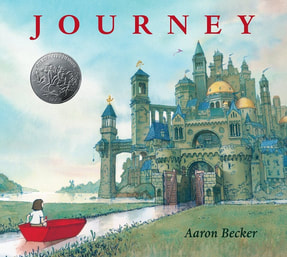
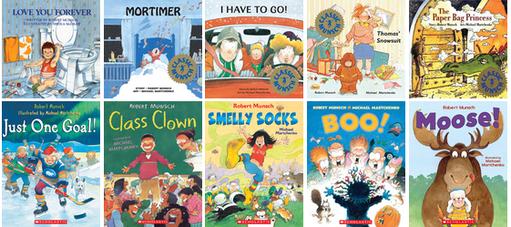
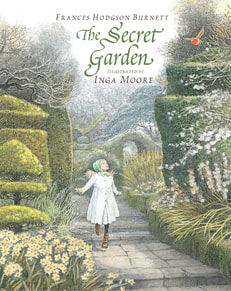
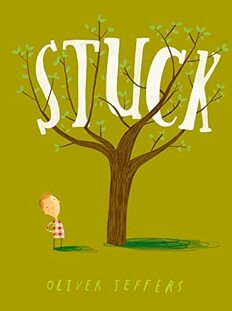
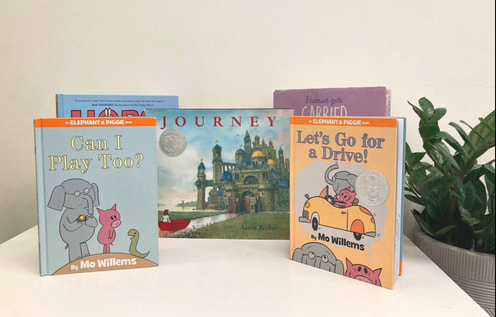
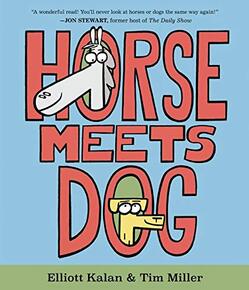
 RSS Feed
RSS Feed